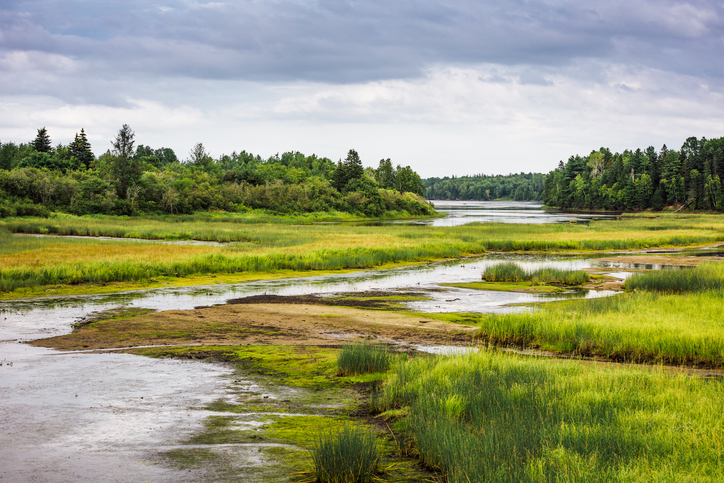New Brunswick has announced a working group to help provide recommendations to the government and direct a provincial water strategy.
The announcement came today from Serge Rousselle, Q.C., Minister of Environment and Local Government and Attorney General for the province.
“Last year, during engagement sessions held by the department to develop a provincial water strategy, it became evident that one of the main concerns for New Brunswickers was having a clear and concise management framework for watershed management,” said Rousselle. “That is why our government has struck a technical working group to begin looking at this particular issue as an early action under the strategy and provide recommendations on how best to move forward.”
The group of 15 includes members of watershed groups, non-governmental organizations, industry, First Nations, regional service commissions, and departmental staff. They are:
- Donald Killorn, Eastern Charlotte Waterways;
- Rémi Donelle, Shediac Bay Watershed Association;
- Stephanie Merrill, Nashwaak Watershed Association;
- Annick Poirier, Gestion H2O, Caraquet;
- Lois Corbett, Conservation Council of New Brunswick;
- John Gilbert, J.D. Irving Ltd.;
- Josée Albert, New Brunswick Agricultural Alliance;
- Samantha Robichaud, Mi’kmaq First Nation;
- Deana Sappier, Maliseet First Nation;
- Wilson Bell, Greater Miramichi Regional Service Commission;
- Michelle Gray, Phd., University of New Brunswick Faculty of Forestry and Environmental Management;
- Darryl Pupek, Department of Environment and Local Government;
- Don Fox, PhD., Department of Environment and Local Government;
- Nicole Duke, Department of Environment and Local Government; and
- Katie Pettie, Department of Environment and Local Government.
Provincial water strategy engagement sessions held in spring 2016 received more than 250 submissions. A summary of feedback to date is available online. Public feedback provided the province with direction in developing their draft water strategy. Feedback suggested that the following items were critical for inclusion the draft strategy:
- Better understanding of surface and groundwater resources;
- Responsible management and use of water through protection of drinking water and ecosystems while allowing for economic opportunities;
- Share responsibility for management of water resources and build relationships; and
- Make more water-related information available to the public and report on the progress of water strategy actions.
“We are on track to present a comprehensive water strategy that reflects our values and will protect and manage this precious resource into the future,” said Rousselle. “We are listening to New Brunswickers, we are focused on our priorities, and we are getting things done.”
The draft water strategy is expected later this spring. For more information on the development of the draft water strategy, visit the government of New Brunswick’s website.













